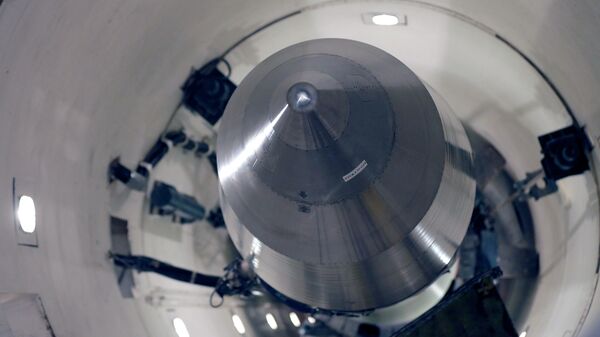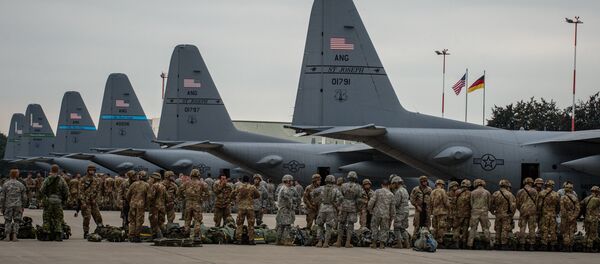"We certainly hope not," Wood said when asked whether the issue of nuclear non-proliferation may become one of areas of new sanctions.
The diplomat stressed that Russia and the United States shared many interests, but the introduction of retaliatory sanctions by Moscow would not contribute to the enhancement of dialogue between the two countries.
“Russia says it wants to improve dialogue to create the conditions for a better relationship. Putting sanctions on us? That does not help to do that at this point. We have told Russians why we are taking actions that have been taken. It is up to them. If they want better relations with us, they have to indicate that they want that. My hope is [that] they will decide they are interested in improving a dialogue. And then we can move forward,” Wood said.
The US has repeatedly accused Russia of violating the Intermediate-Range Nuclear Forces (INF) treaty. In early March, US State Department Spokesperson Heather Nauert claimed that Putin’s 2018 address to the parliament confirmed that Moscow had been developing weapons in violation of its treaty obligations, including under the INF treaty. In his address, Putin said that Russia had begun developing special strategic weapons invulnerable to missile defense systems, including nuclear-capable cruise missiles and the new hypersonic aviation and missile system dubbed Kinzhal ("Dagger").
READ MORE: Russian FM: Washington Is Interested to Continue Strategic Dialogue With Moscow
The 1987 INF Treaty envisages the destruction of ground-launched ballistic and cruise missiles with ranges of between 500 and 5,500 kilometers (from 311 to 3,317 miles), their launchers and associated support structures and support equipment. The United States and Russia have repeatedly accused each other of violating the treaty.



